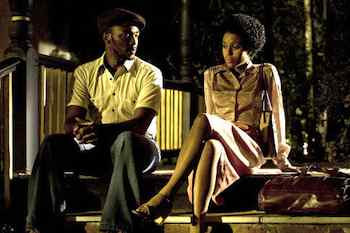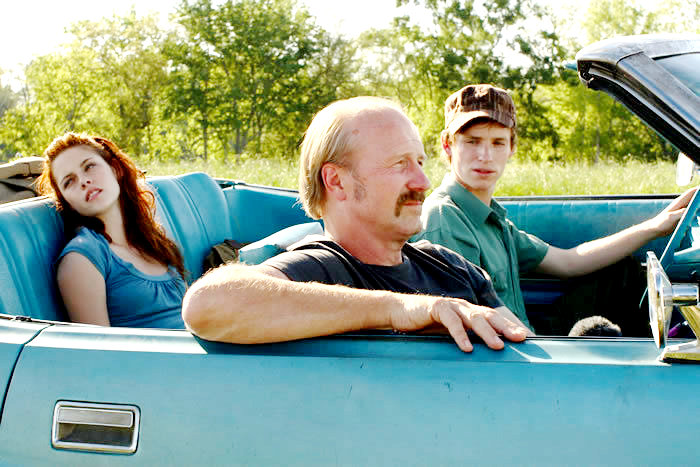That was probably the assumption of the military brass who concocted a bogus account of the combat death of Pat Tillman, a football star and a casualty of so-called friendly fire in Afghanistan in April 2004 at age 27. The official story initially had him saving the lives of fellow soldiers during a mountain ambush by the Taliban. It was a flag-waving, Rambo-worthy feel-good fantasy that played well on television.
But as Amir Bar-Lev’s sorrowful, devastating documentary, The Tillman Story
But in other ways, Tillman didn’t fit the image. Thoughtful and private, he never made a public statement about his decision to enlist and asked that his privacy on the matter be respected. An avowed atheist, he studied the writings of Noam Chomsky and opposed the war in Iraq after serving a tour of duty there. Yet when the government and the N.F.L. secretly arranged for him to return to football without having to fulfill his commitment, he refused the deal, believing it was his duty to serve the three years for which he had signed up. His next stop was Afghanistan.
Several weeks after Tillman was eulogized by President George W. Bush as a classic American war hero, the military announced that he had actually been killed by a stray bullet during the confusion known as “the fog of war.”
The film, narrated by Josh Brolin, tells how members of the Tillman family would not let the story rest. The military gave them 3,000 pages of redacted documents covering the official investigation, perhaps assuming that the material was too voluminous to be studied in any depth. But in the Northern California home where Pat and his brothers Kevin (who fought beside Pat in Afghanistan) and Richard were raised, their mother, Mary Tillman, unearthed more and more disturbing facts, among them that the military had burned Pat’s uniform, body armor and diary.
Bar-Lev’s clearsighted, emotionally steady documentary examines the family members’ deepening inquiry into the circumstances of Tillman’s death and chronicles their mounting rage at the military’s misappropriation of his story. The film visits the canyon where he died and the soldiers who were with him and heard his final words, in which he tried to alert the unidentified troops only 40 yards away that he was on their side.
One theory expressed by Stan Goff, a retired special ops officer who assisted Ms. Tillman’s investigation, is that the soldiers responsible were itching for a firefight even though whatever threat existed had long passed.
It is a fallacy, he says, to believe that young soldiers enter such situations reluctantly. In his words, “It’s an imposition of a level of wisdom and maturity on soldiers that doesn’t apply to 19-year-olds anywhere, ever.”
The family’s outrage over the exploitation of their son boiled over in a letter that Tillman’s father, Pat Sr., wrote accusing the military of fraud. The letter led to an internal investigation and a Congressional hearing at which military leaders were grilled on what they knew about what the family asserted was a cover-up; their memories were vague. A midlevel general became the scapegoat and faced demotion.
The Tillman family — especially Mary, Kevin and Tillman’s widow, Marie — emerge as noble souls still choking on their rage and frustration. Kevin, who had not spoken publicly of his brother’s death, is seen reading a bitter, excoriating statement at the hearing. This devastating film persuasively portrays them as finer, more morally sturdy people than the cynical chain of command that lied to them and used their son as a propaganda tool.




Never-Let-Me-Go-Movie-4.jpg)






















